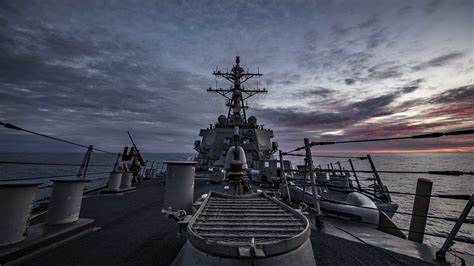
The USS Carney, a guided-missile destroyer of the Arleigh Burke class, has just completed an unprecedented eight-month deployment in the Red Sea, where it encountered a relentless onslaught of missiles and drones launched by the Houthi rebels.
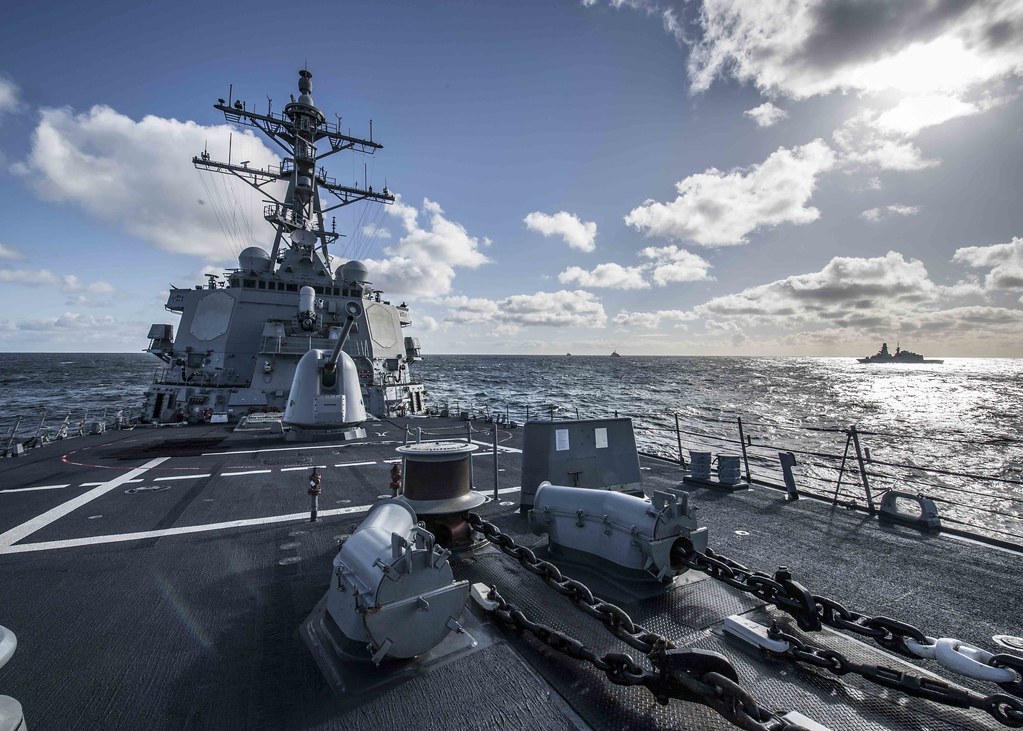
Engaging in 51 encounters with these threats, the crew of the Carney confronted the daunting task of thwarting anti-ship ballistic missiles (ASBMs) with only seconds to respond.
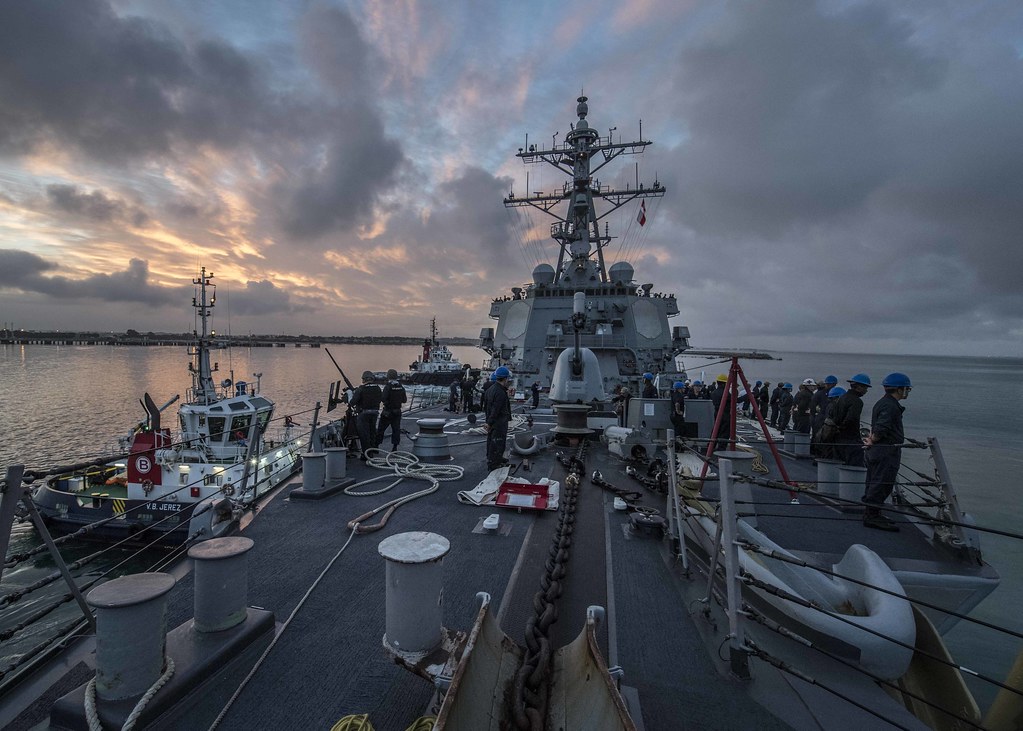
“The ASBM threat is very challenging. It’s very dynamic and it’s very fast,” stated Cmdr. Jeremy Robertson, commanding officer of the USS Carney.
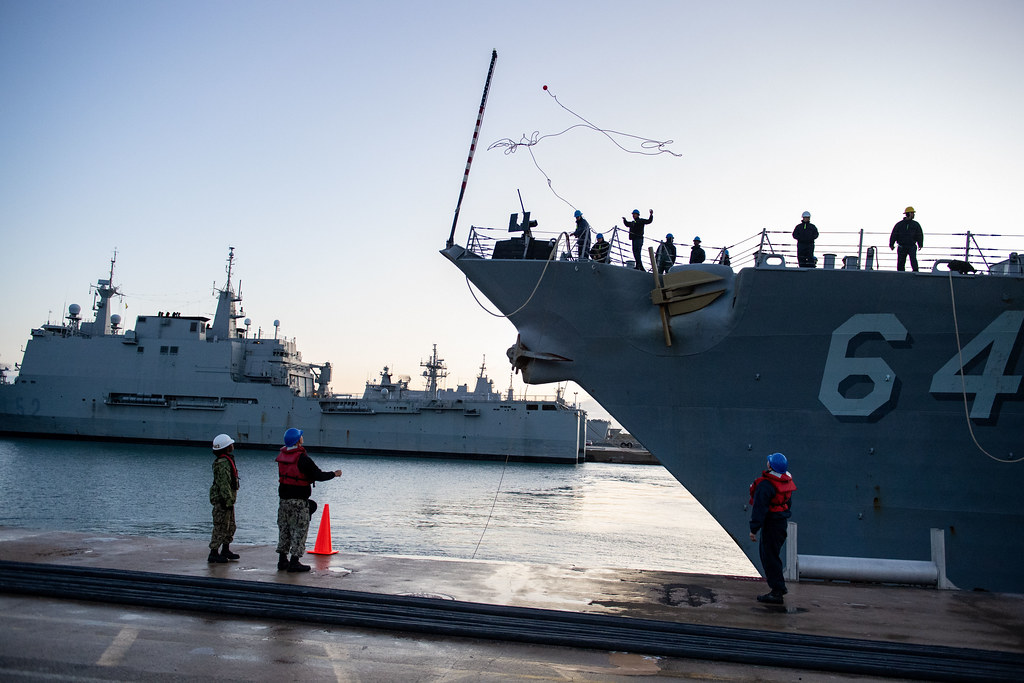
Robertson described the ordeal faced by his crew: detecting an imminent missile strike, ensuring the safety of the personnel, and engaging the threat, all within a nine to 20-second window. This reflects the immense pressure and the high stakes involved in modern naval warfare, where the margin for error is virtually nonexistent.
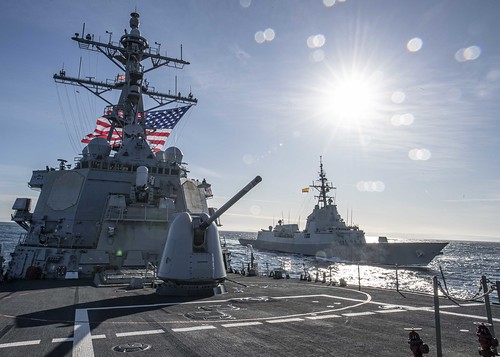
The USS Carney was equipped with the Navy’s latest Surface Warfare Combat System, featuring an array of sophisticated weaponry, including Tomahawk land-attack missiles, Harpoon anti-surface missiles, and a 5”/54 caliber gun, part of the MK 34 Gun Weapon System.
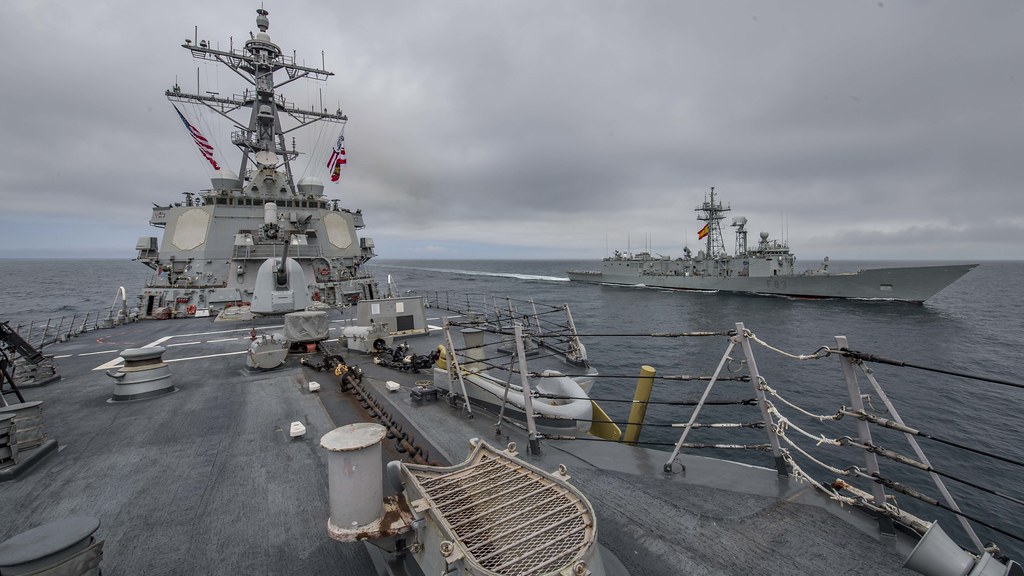
However, during the deployment, the crew was able to implement a layered defense strategy, realizing that they could employ the five-inch gun for engagements when the targets were sufficiently predictable.
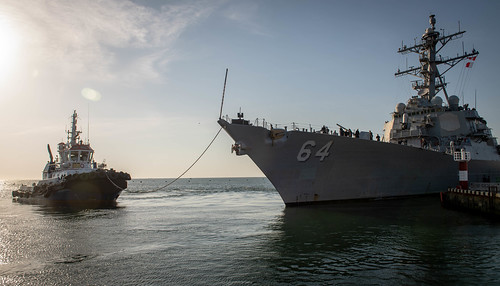
The capability to adapt to such a volatile environment is a testament to the agility and preparedness of the U.S. Navy’s personnel and technology.
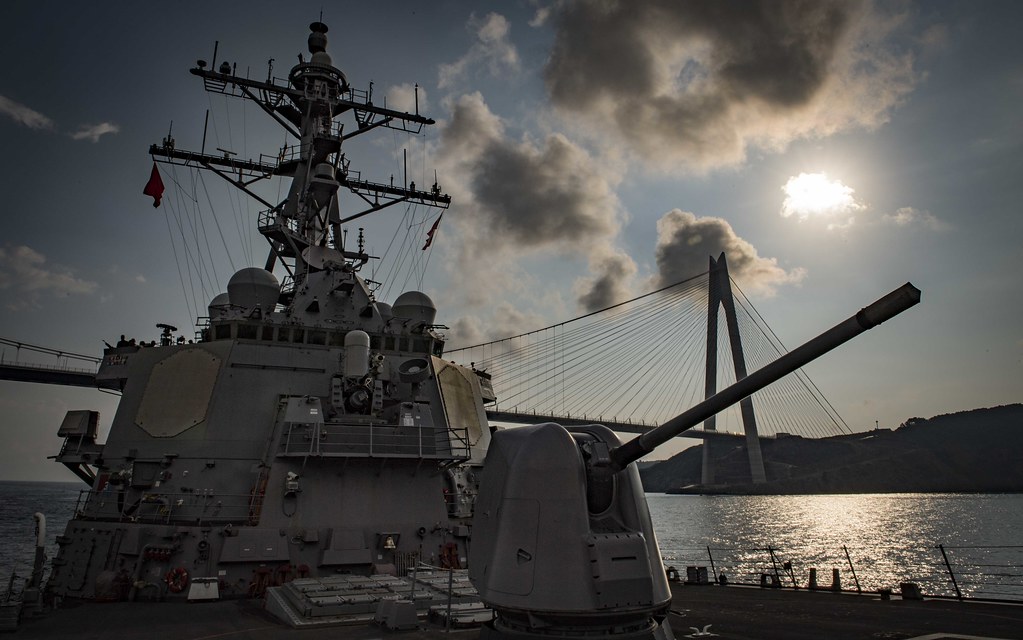
The Houthi’s use of ASBMs, largely sourced from Iran, represented a historic first in active combat engagement of these weapons, and the USS Carney’s actions have become a critical case study for naval defense strategies.
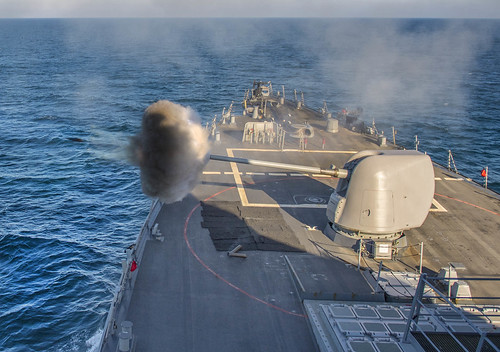
The International Institute for Strategic Studies (IISS) has highlighted the increasing capabilities of the Houthi missiles, stressing the challenges faced by Western naval vessels with advanced air and missile-defense systems, which are limited by the number of interceptor missiles they can carry and the challenge of restocking once inventories are depleted.
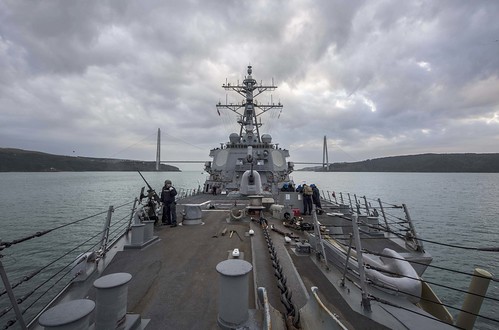
Upon the ship’s return, Navy Secretary Carlos Del Toro awarded the Navy Unit Commendation to the Carney’s crew for their “outstanding performance in action against terrorist forces.”
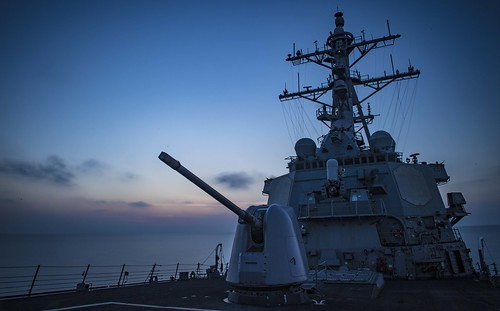
Del Toro emphasized the crew’s vital role in promoting regional stability, protecting global commerce, and upholding international law.
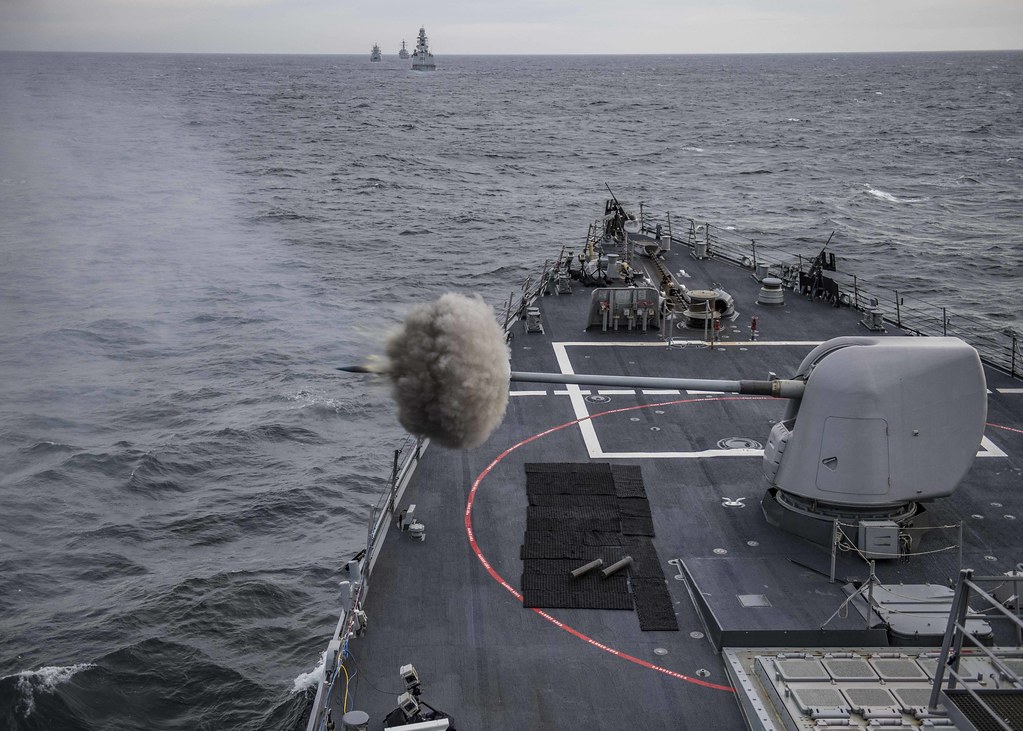
Despite the anxiety that initially gripped the crew after their first engagement with the Houthis, the crew quickly adapted. “Every day was completely different from one another,” Cmdr.
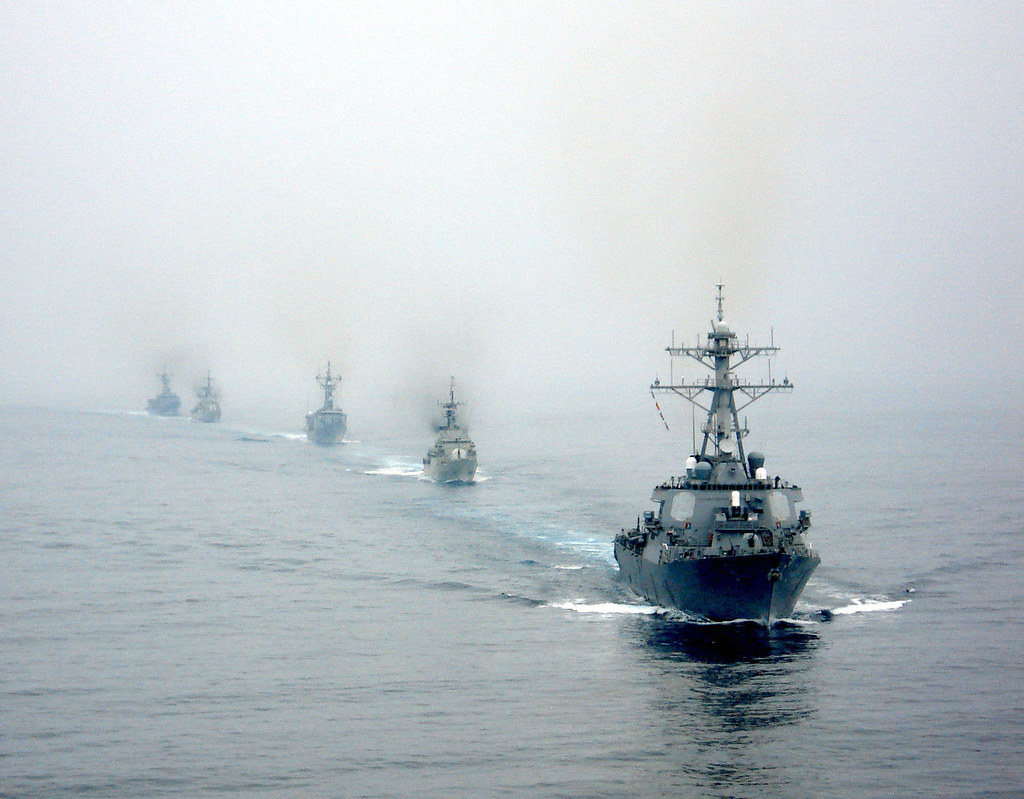
Robertson remarked, underlining the unpredictable nature of their mission. He lauded the crew’s transition into a battle mindset, as their actions became “very instinctual” and “second nature.”
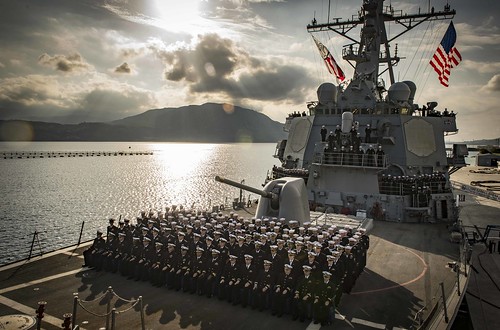
The deployment’s lessons are now ingrained in the minds of the sailors, who will carry this experience forward in their careers.
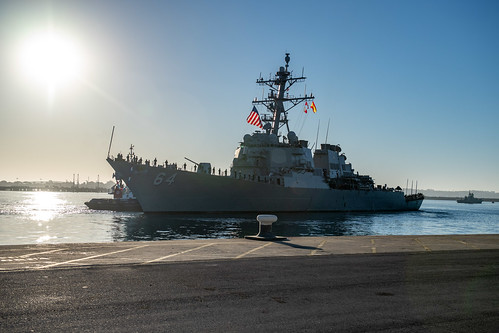
Robertson, he will take these valuable insights to his next role at the Naval Surface and Mine Warfare Development Center in San Diego, with the USS Carney’s deployment indelibly marked as a defining moment in modern naval warfare.
Relevant articles:
– USS Carney had ‘seconds’ to respond to anti-ship ballistic missiles, Task & Purpose, 05/22/2024
– Destroyer USS Carney Returns Home After Seven, USNI News, 05/20/2024
– Back Home, USS Carney Crew Lauded for Battling Houthi Drones and Missiles in Middle East, Military.com, 05/20/2024
– USS Carney had ‘seconds’ to respond to anti-ship ballistic missiles, Task & Purpose, 05/20/2024
– USS Carney crew kept a ‘battle mindset’ during Red Sea mission countering Houthi attacks, Stars and Stripes, 05/20/2024
